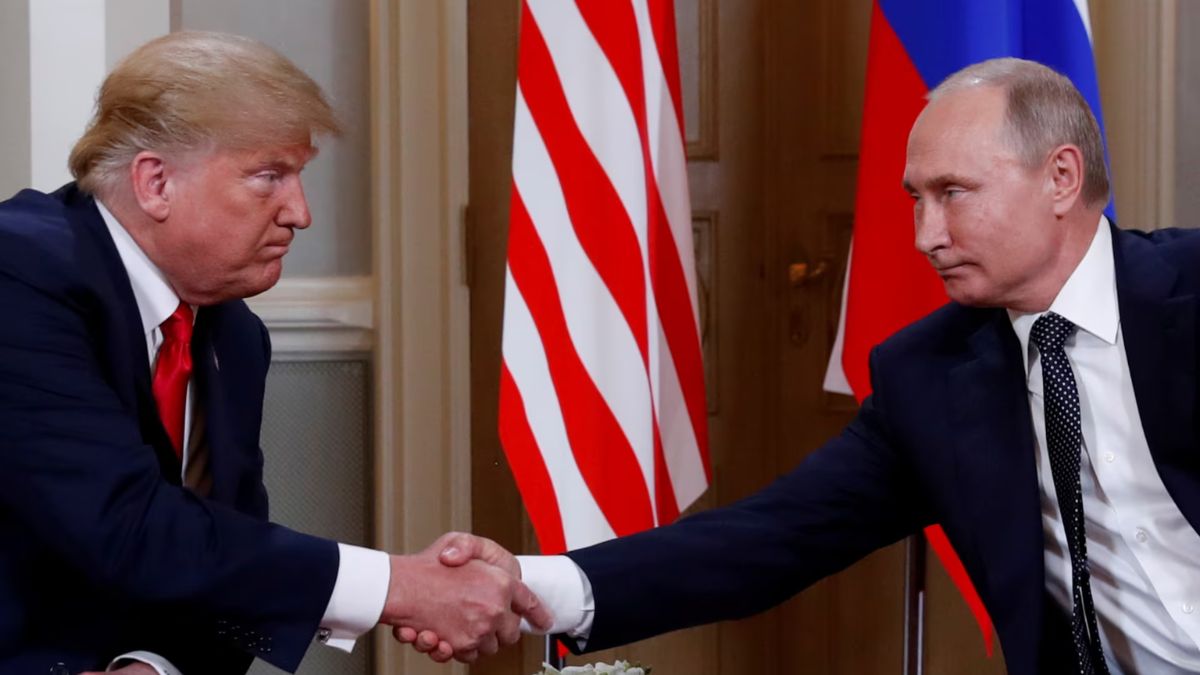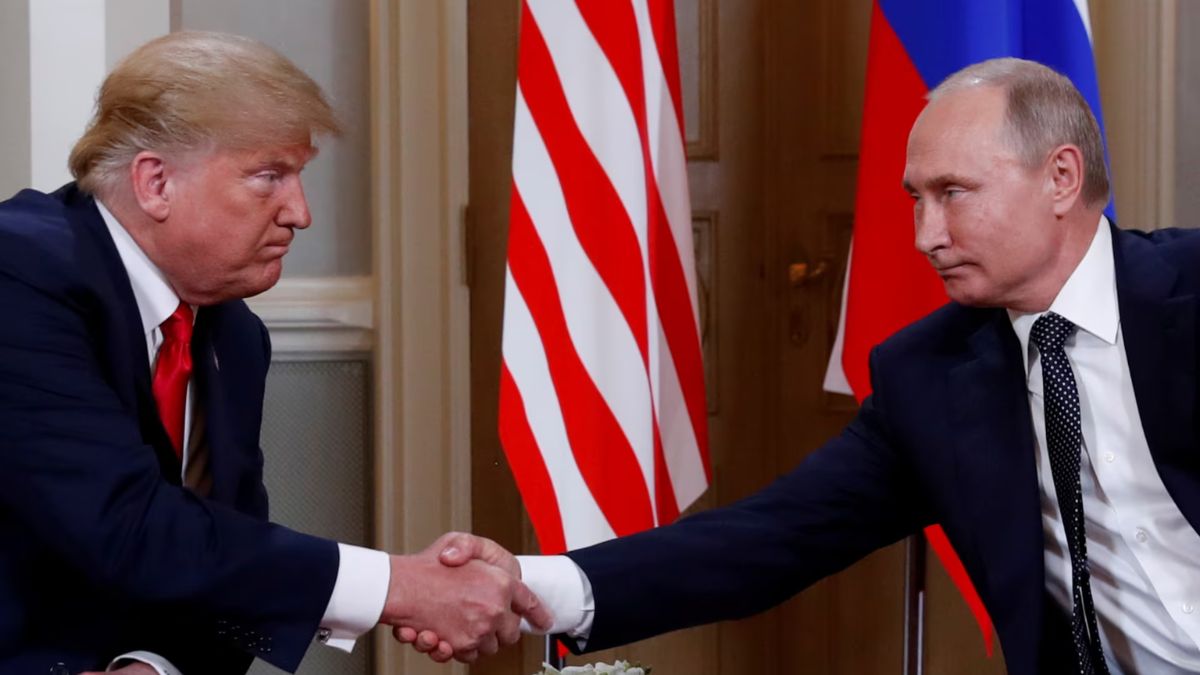A day after President Donald Trump announced a new trade agreement with Vietnam, China on Thursday slammed the deal, amid concerns in Beijing that the US is leveraging its “liberation day” tariff negotiations with other countries to undermine China’s export-driven economy.
According to a Financial Times report, the agreement with Vietnam reduces tariffs on Hanoi’s exports from a threatened 46% to 20%, while maintaining a 40% duty on “trans-shipped” goods — a measure widely seen as targeting Chinese products re-exported to the US.
The agreement is the second seen as targeting China since President Trump outlined his “liberation day” increases in tariffs on April 2, added the report.
In May, the US and UK agreed a deal that included strict security requirements for steel and pharmaceuticals that were widely seen as intended to squeeze China out of British supply chains.
When asked about the deal with Vietnam, an important trading partner with China, the ministry of foreign affairs in Beijing said trade negotiations should not hurt the interests of “third parties”.
“Relevant negotiations and agreements should not target or undermine the interests of any third party,” Financial Times quoted the ministry as saying.
Dozens of countries are scrambling to secure trade agreements with the US ahead of the July 9 deadline, when President Trump’s suspended “reciprocal” tariffs are set to take effect.
Impact Shorts
View AllFor Vietnam — one of the most trade-dependent nations, with the US accounting for 30% of its exports — the urgency was especially high. However, analysts noted that the steep final tariffs and the added levy on trans-shipping highlight the high cost Hanoi paid to strike the deal.
Deal aimed at China?
“The new US-Vietnam deal is not just about trade; it is clearly aimed at China . . . it is meant to block the flow of Chinese goods that often move through Vietnam to dodge existing US duties,” Financial Times quoted Julien Chaisse, an expert on international economic law at the City University of Hong Kong, as saying.
“This fits a much wider trend: the US is lining up bilateral deals with countries near China to tighten economic co-operation and, at the same time, [make] it harder for Beijing to stretch its supply chain influence.”
Many Southeast Asian nations benefited from the US-China trade war by becoming alternative hubs for Chinese manufacturers avoiding US tariffs. However, this “China plus one” strategy led to significant trade surpluses with the US.
“The key lesson for other countries from this deal, and that agreed previously by the UK, is that they will be expected to curtail some trade with China,” Financial Times quoted Capital Economics’ chief Asia economist Mark Williams and senior Asia economist Gareth Leather as writing in a note.
“That will be seen as a provocation in Beijing, particularly if similar conditions are included in any other deals agreed over coming days.”
China’s commerce ministry on Thursday also said that it firmly opposed any countries reaching a trade deal at its expense, adding that it would safeguard its rights and interests.
According to the report, citing analysts, the Vietnam deal, as well as others that Beijing deems as endangering its interests, could also undermine US-China trade talks.
Trump recently claimed a tariff truce with Beijing has been signed, but concerns remain over Chinese restrictions on the flow of rare-earth exports and US export controls on advanced technology such as semiconductors.
With inputs from agencies


)
)
)
)
)
)
)
)
)



